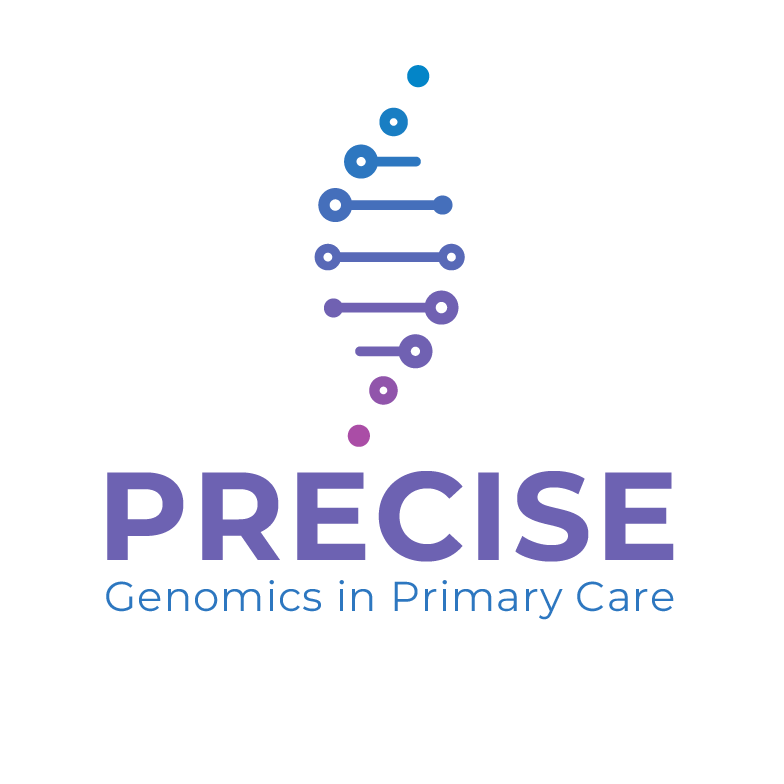Doc, can I have the new DNA test to see if I have cancer?
Unlocking the Potential of the Galleri Blood Test for Cancer Diagnosis
Back in June, reports of a new ‘cancer blood test’ in the BBC prompted patients in the UK to start questioning their GPs, including our colleagues at NB Medical. Since the initial results from the trial were presented at the American Society of Clinical Oncology conference in June and hit the headlines, the findings have been formally published in The Lancet Oncology.
On face value, it all sounded a bit too good to be true, and in general practice we rapidly tire of ‘miracle medical news’ stories in the media that we are asked about by patients who have had expectations unrealistically raised. So, what is going on with cell free cfDNA and cancer diagnosis, and is it worth all the media hype?
The Science Behind DNA Testing
Put very simply, DNA from cancer cells can be detected in the blood, giving the potential for earlier diagnosis and treatment. The so-called Galleri blood test looks at methylation patterns of DNA, and crucially, different cancers have different patterns of methylation. The test can use these methylation patterns of cfDNA to detect multiple different types of cancers, in what is called a Multi Cancer Early Detection Test (MCED).
That’s the theory, which sounds amazing, but ‘how does it perform in practice?’ was the ‘million dollar’ question that needed answering. Step in the NHS Symplify Trial, the first large scale evaluation of a MCED in symptomatic patients.
NHS Symplify Trial: Evaluation
What did the study do? The first thing to say is that this trial was evaluating the test in patients with symptoms suggestive of cancer (other research is looking at the screening potential of the test, with the NHS Galleri Trial expected to enrol up to 1M asymptomatic patients). The NHSSymplify trial enrolled ~6,000 patients, with a mean age of 61, who presented to their GP with symptoms suggestive of possible cancer (e.g. change in bowel habit, unexplained weight loss, rectal bleeding etc) and were then referred for investigation. The patients were investigated in the usual way, and they also had the Galleri MCED blood test the result of which was then matched with the outcome from the patients’ investigations.
Key Findings from the NHS Symplify Trial
Results? The Galleri test detected a cancer signal in 323 people, 244 in whom cancer was actually diagnosed. The positive predictive value of the test was 75.5%, the negative predictive value 97.5% and the specificity 98.4%. These are all good numbers, but the sensitivity of the test was only 66% (i.e. it missed 1/3 of cancers) and crucially the sensitivity was dependent on the stage of the cancer. For Stage 1 cancers (i.e. the ones we most want to diagnose) the sensitivity was only 24%, but it was 95% in stage 4. Importantly though with a positive test, it was 85% accurate in detecting the source of the cancer. This is perhaps the most significant finding, as it shows real potential for being able to make cancer investigation in suspected cases more targeted, streamlined and quicker thereby reducing treatment delays.
Implications for Medical Practice: Streamlining Cancer Investigation
So, in conclusion, these are promising early results, but from this initial data it seems that the most likely use of the test will be as a diagnostic aid in secondary care to pinpoint the source of the cancer earlier and streamline investigations in patients that we refer with suspected cancer symptoms. Unfortunately, the test is currently insufficiently sensitive to be used to ‘rule in or rule out’ early stage cancer.
Contrary to many of the initial media reports, the test needs to be considered as very much a work in progress whilst we await further research and data from the NHS Symplify Trial and the NHS Galleri Trial. In the meantime, we can advise our curious and hopeful patients that GPs being able to use a cfDNA blood test to diagnose cancer at an early stage in primary care still seems a long way off.
Learn more
Further information relating to cancer and early diagnosis will be contained in our Hot Topics series.
This blog was originally published on nbmedical.com by Dr Simon Curtis on 21st June 2023 and has been adapted for an Australian audience.

Simon is a GP based in Newcastle, NSW, and a senior medical educator with Medcast. He also has medical education roles with the RACGP and GPSA.
Over the past three decades, Simon has worked in clinical and educational roles in NSW and the NT, as well as in the Republic of Ireland. He has published over 75 peer reviewed journal articles, and in 2018 received the RACGP Corliss award for his contribution to medical education.
Simon is passionate about high quality education and training. He has particular interests in GP supervisor professional development and the rational use of tests and medicines. He is a proud member of Doctors for the Environment. He spends his spare time drinking craft beer and pretending that he is a musician in the Euthymics, an all-GP band.
Become a member and get unlimited access to 100s of hours of premium education.
Learn moreAn increasing number of pregnant patients are seeking advice from their GP about prenatal genetic testing. This FastTrack covers non-invasive prenatal testing/screening, including how it works, indications, limitations, and different types of testing panels. 30mins each of RP and EA CPD available.
Understand the requirements of the updated RACGP recommendations for the Doctor’s Bag to stay compliant and prepared for your next clinical emergency
A renewed partnership between Medcast and RACGP will ensure RACGP members have privileged access to discounted Basic Life Support training. The online course, meticulously aligned with guidelines, enables GPs to fulfil mandatory CPR course requirements.

